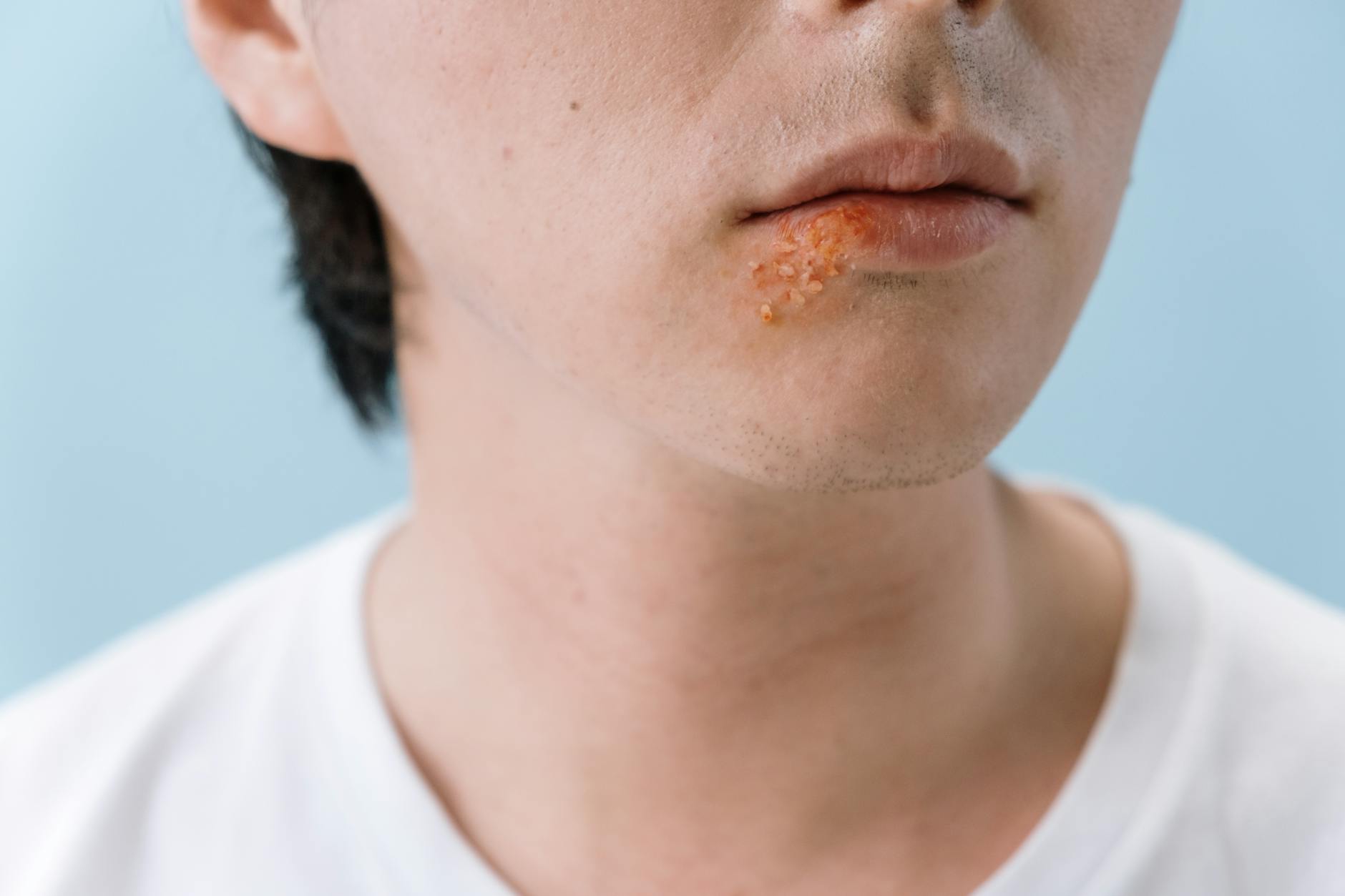Discover expert advice on managing and preventing cold sores with these innovative tips and tricks from The Cold Sore Chronicles.
Table of Contents
Welcome to The Cold Sore Chronicles, where we dive deep into the world of cold sores and explore effective tips and tricks for managing outbreaks. Cold sores, also known as fever blisters, are a common viral infection caused by the herpes simplex virus. They can be unsightly and uncomfortable, but with the right strategies, you can minimize their impact on your life. Let’s explore some natural remedies and lifestyle changes that can help you tackle cold sores head-on.
Cold Sore Basics
Cold sores typically appear as small, fluid-filled blisters on or around the lips. They are highly contagious and can be triggered by factors such as stress, sunlight, hormonal changes, and a weakened immune system. While there is no cure for cold sores, there are ways to manage outbreaks and reduce their frequency and severity.
Natural Remedies
When it comes to treating cold sores, natural remedies can be effective in reducing inflammation, soothing pain, and accelerating healing. Here are some remedies you can try:
Lysine: Lysine is an amino acid that has been shown to inhibit the replication of the herpes simplex virus. You can take lysine supplements or increase your intake of lysine-rich foods such as poultry, fish, and dairy products.
Tea Tree Oil: Tea tree oil has antiviral and anti-inflammatory properties that can help alleviate cold sore symptoms. Dilute tea tree oil with a carrier oil like coconut oil and apply it to the affected area with a cotton swab.
Ice Packs: Applying ice packs to the cold sore can help reduce pain and swelling. Wrap an ice pack in a cloth and hold it against the sore for 15-20 minutes at a time.
Lifestyle Changes
In addition to natural remedies, certain lifestyle changes can help prevent cold sore outbreaks and promote faster healing. Here are some tips to consider:
| Tips and Tricks for Managing Cold Sore Outbreaks | |
|---|---|
| Tip/Trick | Description |
| Use over-the-counter creams | Apply an over-the-counter cream like Abreva to help reduce pain and speed up healing. |
| Avoid touching or picking at the sore | Touching or picking at the cold sore can worsen the outbreak and spread the virus. |
| Keep the area clean and dry | Regularly clean the affected area with mild soap and water and keep it dry to prevent infection. |
| Apply a cold compress | Using a cold compress can help reduce swelling and relieve pain associated with cold sores. |
| Avoid excessive sun exposure | Too much sun exposure can trigger cold sore outbreaks, so be sure to use sunscreen and protective clothing. |
| Take antiviral medication | If you have frequent or severe outbreaks, talk to your doctor about prescription antiviral medications. |
Manage Stress: Stress is a common trigger for cold sores, so finding stress-reducing activities like yoga, meditation, or deep breathing exercises can be beneficial.
Protect Your Lips: Sun exposure can trigger cold sores, so make sure to wear lip balm with SPF and avoid prolonged sun exposure, especially during peak hours.
Conclusion
Dealing with cold sores can be a frustrating experience, but by incorporating natural remedies and lifestyle changes into your routine, you can effectively manage outbreaks and promote healing. Remember that consistency is key when it comes to cold sore management, so be patient and diligent in your approach. If you experience frequent or severe outbreaks, consult with a healthcare professional for personalized treatment options. Stay proactive, stay informed, and don’t let cold sores take control of your life!
FAQs
Question 1: How long do cold sores usually last?
Answer 1: Cold sores typically last for 7-10 days, with the blister stage lasting 2-3 days. However, healing time can vary based on individual factors like immune response and treatment methods.
Question 2: Can I still go to work or school with a cold sore?
Answer 2: Yes, you can go to work or school with a cold sore, but take precautions to avoid spreading the virus. Avoid kissing or sharing personal items like utensils or towels.
Question 3: Are cold sores contagious even when they’re not visible?
Answer 3: Yes, cold sores can be contagious even when they’re not visible. The virus can still be transmitted through asymptomatic shedding, so be cautious around others.
Question 4: Can cold sores be prevented completely?
Answer 4: While cold sores can’t be completely prevented, you can reduce their frequency and severity with lifestyle changes, stress management, and antiviral medications prescribed by a doctor.




